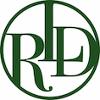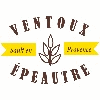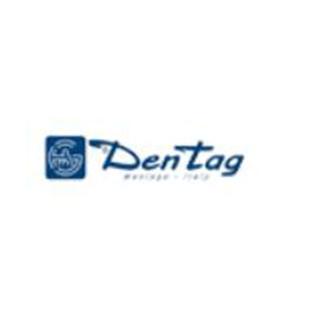- europages
- >
- COMPANIES - SUPPLIERS - SERVICE PROVIDERS
- >
- optical controls
Results for
Optical controls
FranceMarseille, Monaco and Provence-Alps-Cote d'Azur
Find quotes for
Filters
Results for
Optical controlsNumber of results
2 CompaniesCompany type





